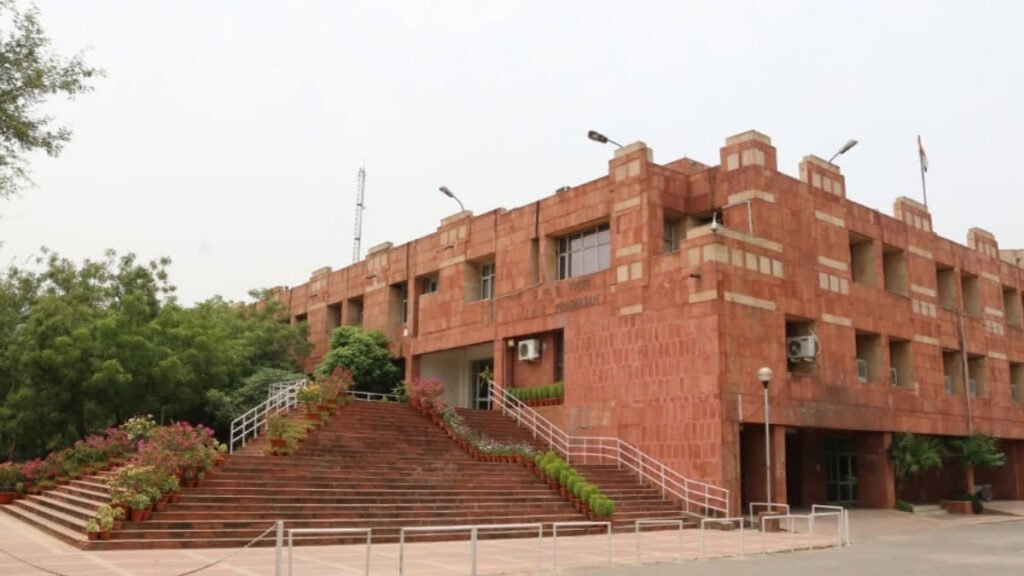Team Clarion
NEW DELHI – Jawaharlal Nehru University (JNU) has registered 151 cases of sexual harassment since 2017, a figure revealed through a Right to Information (RTI) application. These cases were filed after the university replaced the Gender Sensitisation Committee Against Sexual Harassment (GSCASH) with the Internal Complaints Committee (ICC). Despite the university’s claims of resolving 98% of the cases, only three remain under investigation, but it has refused to provide further details on the nature of the complaints or actions taken against the accused, citing confidentiality.
The shift from GSCASH to ICC has been a bone of contention since its implementation. Both the JNU Students’ Union and Teachers’ Union have demanded the reinstatement of GSCASH, which they argue provided a more transparent and autonomous grievance redressal process. Critics of the ICC claim that its functioning is influenced by the administration, thereby undermining its credibility and the trust of the student body in its proceedings.
The RTI data highlights fluctuations in the number of sexual harassment complaints over the years. The highest number of cases was reported in the 2018-19 academic year, with 63 complaints. In contrast, when GSCASH was still in place in 2016, there were 38 complaints. The COVID-19 pandemic saw a sharp decline in cases, with only six complaints recorded between 2019 and 2021. However, complaints have surged again in recent years, with 30 cases registered in both 2022-23 and 2023-24. The figures for other years are as follows: 17 complaints in 2017-18, five in 2019-20, one in 2020-21, and five in 2021-22.
The issue of sexual harassment at JNU is not new. In 2015, the Delhi Commission for Women (DCW) reported that JNU had the highest number of sexual harassment complaints among educational institutions in the national capital, with 51 cases filed between 2013 and 2015, representing nearly half of the total complaints from Delhi’s educational institutions during that period.
Several recent incidents have reignited concerns over the university’s grievance redressal mechanisms:
- April 2024: A second-year student staged a 12-day indefinite sit-in at the main entrance of the campus, protesting the lack of action on her sexual harassment complaint. The university later imposed a fine on her and her supporters for the protest.
- October 2024: Forty-seven female students filed a joint complaint with the ICC, alleging sexual harassment and violence during a freshers’ party.
- October 2024: A student from the Centre for Chinese and South-East Asian Studies was reportedly forced to leave the university after her complaint of sexual harassment by a professor went unaddressed.
These incidents have led to growing discontent among students and staff, who are increasingly questioning the efficacy and transparency of the ICC.
The rising number of complaints and the recent controversies point to a growing need for a more effective and independent grievance redressal mechanism at JNU. Many students and faculty members continue to call for the reintroduction of GSCASH, citing its autonomy and perceived fairness. The demand for GSCASH reflects broader concerns about administrative accountability and the safety of women on campus.
The future of JNU’s grievance redressal system will depend on the administration’s willingness to address these concerns and take decisive action to restore trust in its processes. Until then, discontent will likely persist, with growing calls for reform in the university’s handling of sexual harassment cases.

